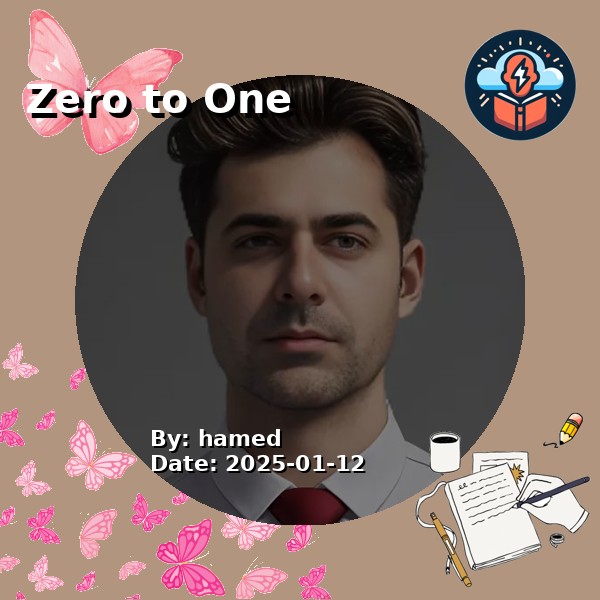"They're offering two billion," Maya said, sliding the tablet across the conference table. "For exclusive rights to the empathy algorithm."
Raj, their founder and CEO, didn't even look at the numbers. He kept staring at their prototype's latest results: an AI that could detect human emotional distress with unprecedented accuracy. Perfect for mental health support—or for manipulating consumers, depending on who controlled it.
"Atlas Corp already has three ethics violations pending," Sarah, their lead developer, pointed out. Her coffee had gone cold hours ago, like most nights lately. "But they're the only ones with the infrastructure to scale this."
The office window offered a view of San Francisco's AI District, where new startups sprouted daily between the towering headquarters of tech giants. Six months ago, Empathica had been just four people in a garage. Now they were sitting on what everyone called "the holy grail of emotional AI."
Raj's phone chimed. Another message from the anonymous source: "Atlas plans to integrate your tech into their surveillance division. Proof attached."
He'd been getting these warnings for a week. The source claimed to be an Atlas whistleblower, but corporate espionage was the new gold rush. Everyone wanted to know everyone else's next move.
"There's another option," Maya said quietly. "The open-source route. Release it to the public domain."
"Financial suicide," their CFO muttered.
Sarah's screen pinged. "Someone's trying to breach our firewall. Atlas's signature."
"Already?" Raj stood. "They don't even have an answer yet."
"In this game, you don't wait for answers," Maya said.
Raj thought about his daughter, how she'd struggled with anxiety until an AI therapist helped her through it. He'd started Empathica because of her. What would she think of his choice now?
His fingers flew across the keyboard, implementing the protocol they'd hoped they'd never need. Around the office, screens began displaying the same message:
"EMPATHICA ALGORITHM V1.0 - NOW AVAILABLE UNDER GNU PUBLIC LICENSE"
"What are you doing?" the CFO shouted.
"Choosing our legacy," Raj answered, as their life's work flowed into the digital commons. "Some things shouldn't belong to anyone."
In the end, it wasn't the choice they'd dreamed of, but it was the one they could live with. And somewhere in the digital ether, an algorithm learned its first real lesson about human empathy.
